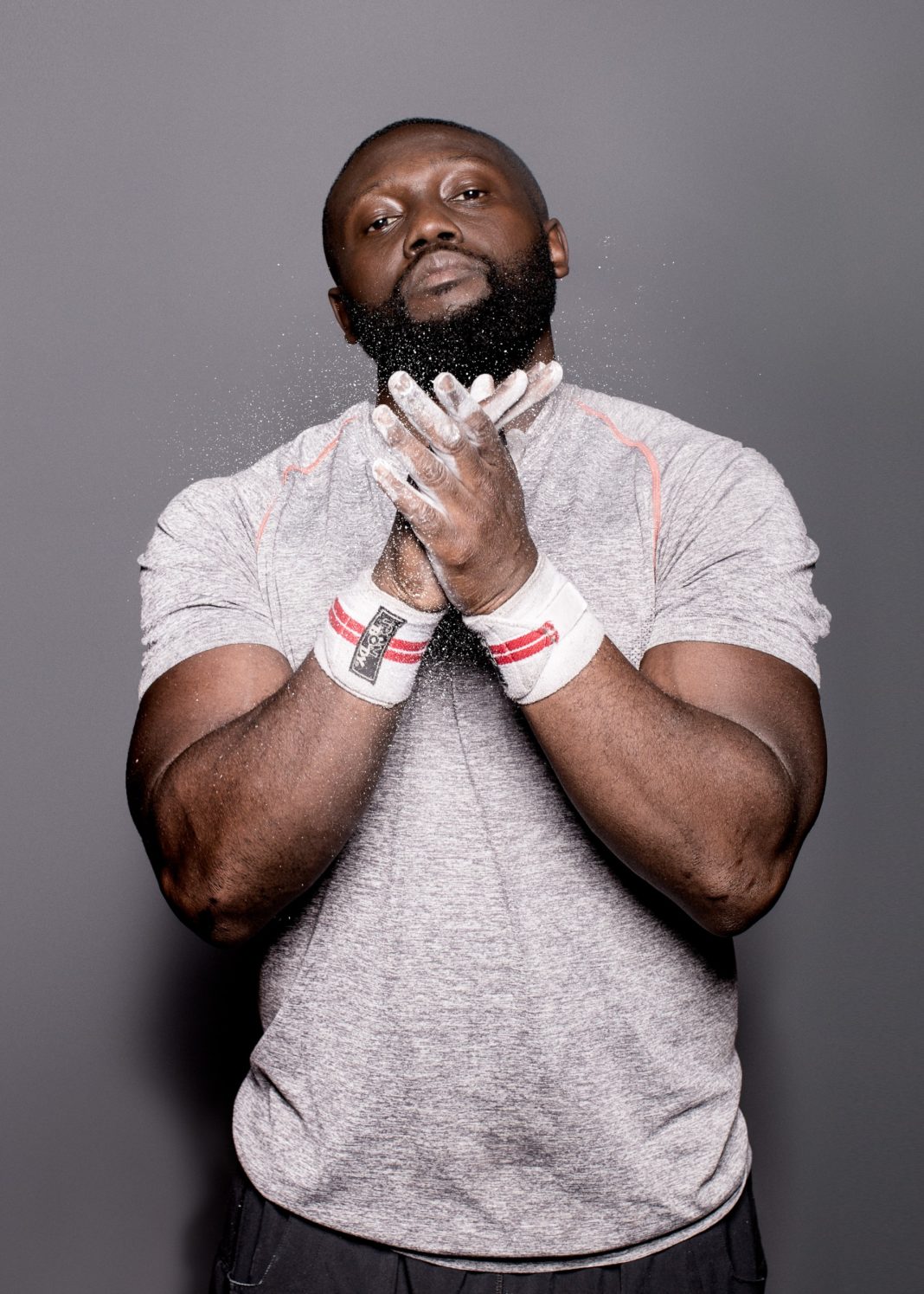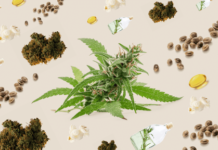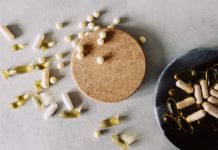Athletes train their bodies a lot. Granted, training improves your physique and performance but extended wear and tear and bodily trauma result in aches and injuries.
Most sportspeople turn to painkillers such as naproxen sodium and ibuprofen for relief. As much as they’re effective, they’re harmful as well.
Is there a better and safer alternative? Yes: CBD. Maybe you’re a player considering using CBD, but you don’t know much about best CBD gummies. You’re reading the right article.
More About CBD
CBD, or cannabidiol, is among the roughly 113 cannabinoids (compounds) that scientists spotted in cannabis. It’s one of the compounds researchers study most since it can make up to forty percent of the herb’s extract.
Unlike its co-cannabinoid THC (delta-9 tetrahydrocannabinol), which is the primary psychoactive cannabinoid in the Cannabis sativa plant, CBD won’t get you ‘high.’
How Cannabidiol Works
Scientists discovered a system in the body that they referred to as the endocannabinoid system (ECS). The ECS is a crucial physiological structure that mediates:
- Cognitive function
- Swelling response
- Learning
- Memory
- Hunger
Its primary purpose is to maintain balance by keeping neurotransmitter degrees in check. Within this system are the CB1 and CB2 receptors. You can find the CB1 sense organs throughout the spinal cord, brain, and other tissues.
CB2 receptors are primarily present in the immune system tissues. CBD ties to the CB1 receptors, which have a more significant impact on the central nervous structure. It also binds to CB2 receptors, which has a more substantial impact on lowering swelling.
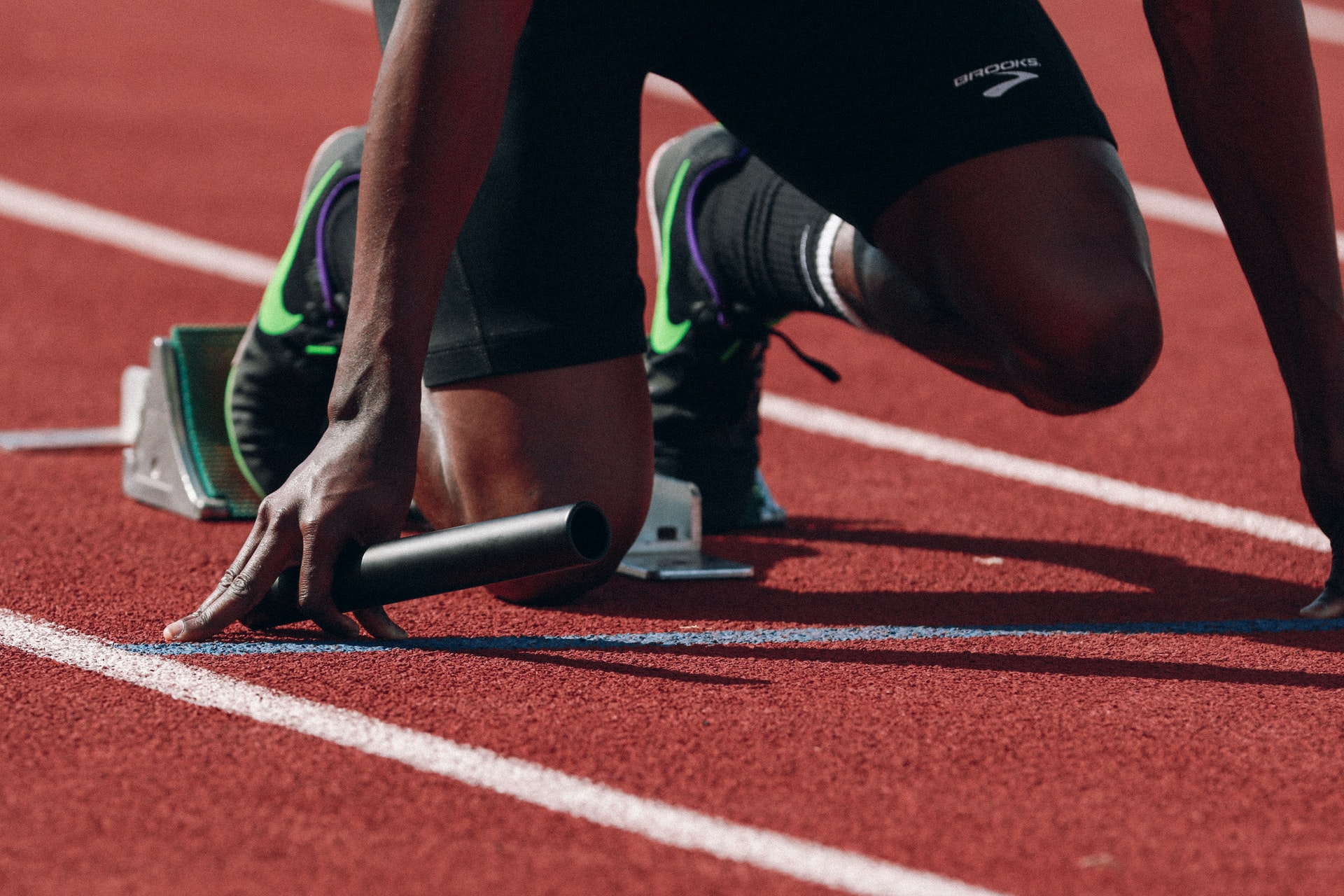
Is it Legal for Athletes?
Absolutely. The World Anti-Doping Agency (WADA) took cannabidiol off the forbidden substances in or out of contests.
The US Anti-Doping Agency (USADA) followed suit. They offered a ‘Marijuana FAQ’ page to explain the rules.
How You Should Use Cannabidiol
There are various ways you can ingest CBD products:
- Through application (CBD topicals)
- Through pills and capsules
- Through drops or tinctures
- As a vapor
- Edibles
Tips on Cannabidiol Dosage
Here are some simple and effective pointers that you can use to get the most of your CBD consumption:
- Keep track of how CBD impacts you
- Make some changes in tiny additions to get your suitable serving size
- Begin with a small serving size
- Don’t hesitate to increase your serving if you don’t get the results you seek
What You Should Know About CBD As An Athlete
Cannabidiol boasts plenty of benefits for players. Some of them are:
It’s an Excellent Option to Opioids
Opioids contributed to the deaths of over 40,000 people in 2016, as per the CDC. They may be effective, but they have a great danger of death by overdose and addiction.
CBD may not be as potent as opioids for soothing acute, high-intensity aches, but it may be effective for long-term pain management.
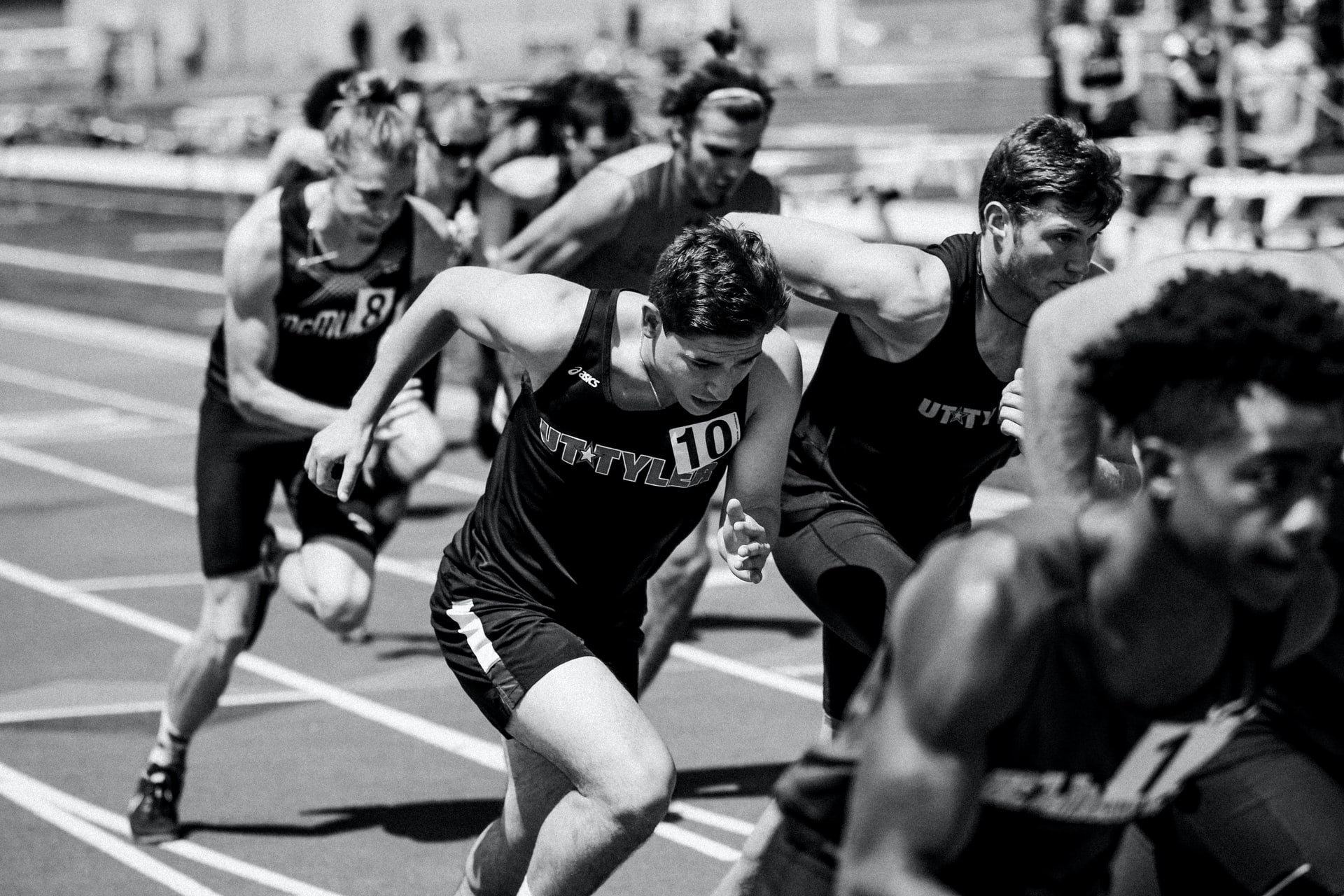
It May Relieve Pain
Studies reveal that cannabidiol may help lower aches, including stiff joints and musculoskeletal throbbing from exercise.
It May Enhance Your Sleep Quality
You can only receive greater training gains as an athlete by getting more and better sleep.
Sportspeople who take CBD report a good night’s sleep and much more ease going to doze every night. A possible reason for this may be cannabidiol hindering adenosine’s reuptake.
It Might be a Greater Option for NSAIDs
Athletes have been ingesting NSAIDs such as Aleve and Advil for years, believing they’re safe. Well, they’re not. CBD’s pain-relieving power can eliminate or lower the use of NSAIDs for exercise-related throbbing.
It Might Settle Your Gut
If you’ve ever had swelling in your large intestines, you know how unbearable it can be. Countless endurance players drop out of races because of it.
Though cannabidiol may not solve stomach issues from overheating and dehydration, it may lower your symptoms if you have hidden swelling problems that contribute to gut issues during or after workouts.
It Might Lower Swelling
A little swelling assists in stimulating positive training adaptations in athletes. Excess inflammation damages the periphery and prevents recovery. The CB2 receptors are more abundant in immune tissues.
Cannabinoids tying to CB2 sense organs may have an anti-swelling impact by lowering cytokine manufacture.
It May Aid in Muscle Recovery
Strenuous exercise strains your muscles. Your muscles are made of fibrous tissue. This tissue sustains small tears during physical challenges or aggressive training. Since CBD has anti-inflammatory and antioxidant characteristics, it may relax damaged muscle tissue. Inflammatory response control may help in the recovery of damaged muscle tissues.
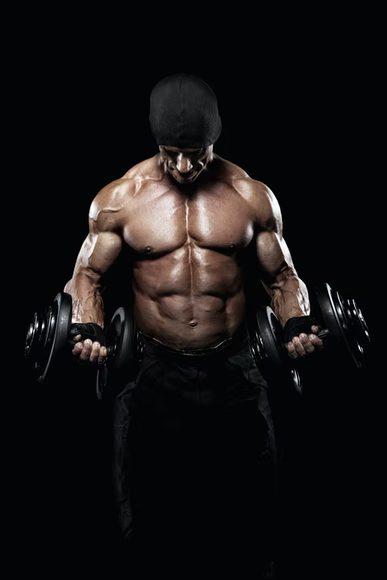
It May Help in Weight Loss
It’s essential to stay in shape as a sportsperson as your weight can impact important parts of athletic performance like your speed and agility.
Aside from doing away with sugar, consuming a balanced diet, and concentrating on protein consumption, CBD may play a role in encouraging weight loss.
Research has revealed that CBD could reduce food intake and deliver a metabolism boost in animal surveys.
Conclusion
Cannabidiol can help keep you at your best as an athlete. Its valuable benefits play a crucial role in ensuring that you stay healthy naturally and safely. All you should do is be consistent in your intake, buy your CBD products from verified sellers, and be patient with yourself if you don’t notice any immediate changes. Try CBD today if you’re an athlete and experience its unmatched medical power firsthand.

